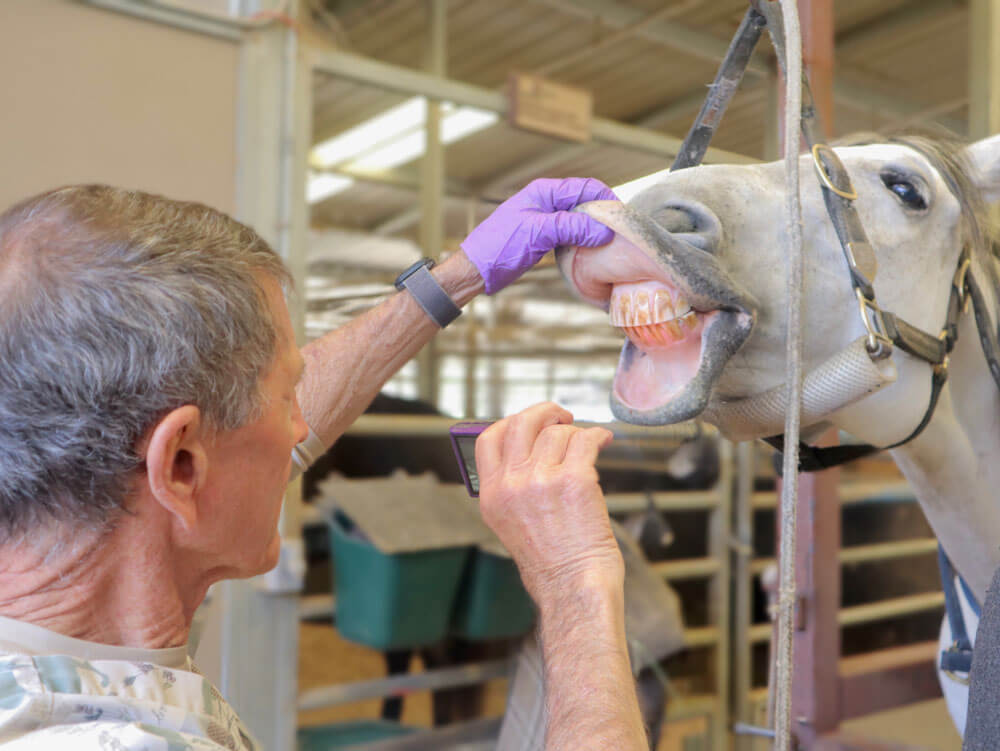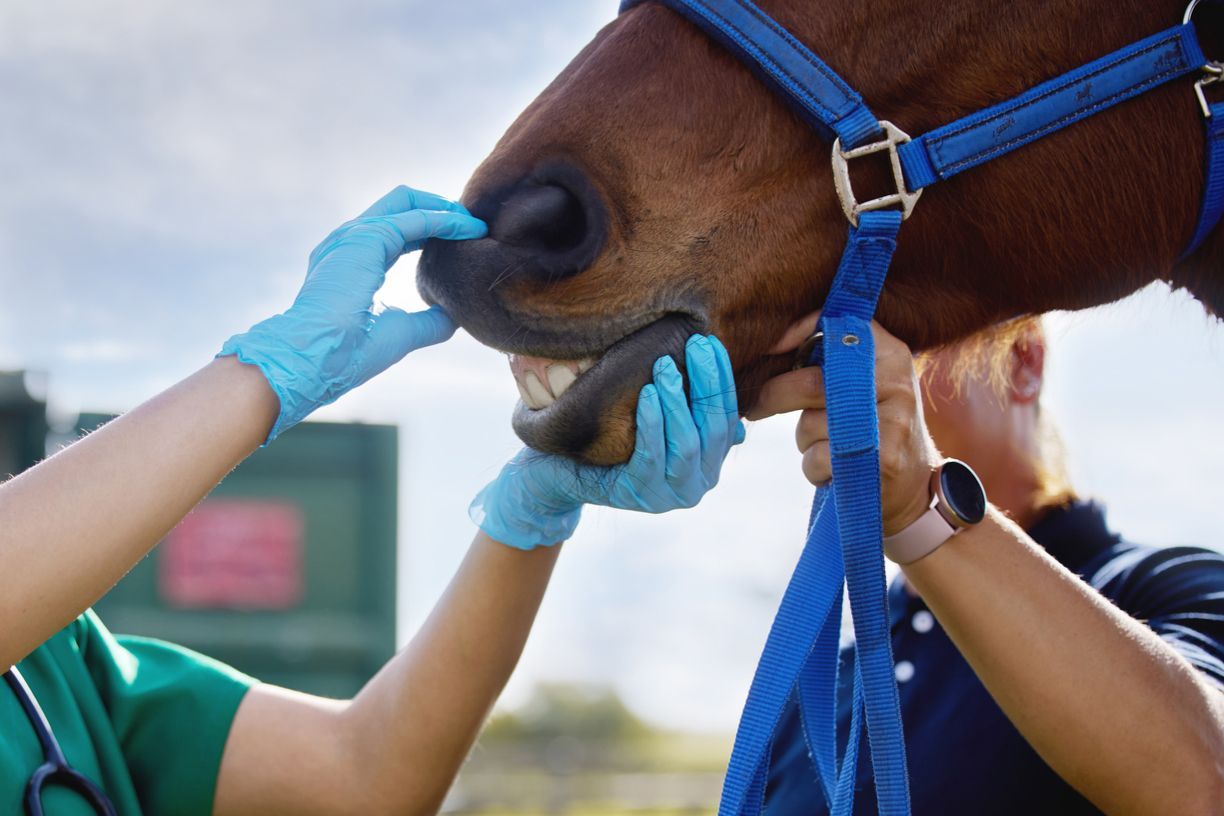When it comes to maintaining the health of your horse, paying attention to their dental needs is crucial. The concept of equine dental float frequency might sound complex, but it is essential for the well-being of your horse. In this article, we will explore the significance of dental care, how often you should schedule a dental float, and what you can do to ensure your horse’s teeth remain healthy.

What is Equine Dental Floating?
Equine dental floating is the process of filing down the sharp edges of a horse’s teeth. As horses chew, their teeth can develop sharp points and uneven surfaces, which can lead to discomfort and difficulty eating. Floating helps to smooth these edges, ensuring that the horse can chew properly and comfortably.
Why is Equine Dental Float Frequency Important?
Understanding the correct equine dental float frequency is vital for a few reasons. Regular dental care helps to prevent painful conditions such as mouth ulcers and can improve overall digestion. Proper dental maintenance can also prevent behavioral issues caused by dental pain.
Signs Your Horse Needs a Dental Float
There are several signs that indicate your horse might need a dental float. These include difficulty in eating, dropping food, weight loss, or visible discomfort when eating. If you notice any of these symptoms, it may be time to consult a veterinarian.
How Often Should You Schedule Dental Floating?
The equine dental float frequency can vary depending on several factors, such as the age and health of the horse. Typically, adult horses should have their teeth checked and floated once a year. However, younger horses, older horses, or those with specific dental issues might require more frequent attention.
Factors Affecting Equine Dental Float Frequency
Several factors can influence how often your horse needs dental care. These include the horse’s diet, age, and any existing dental problems. Horses that consume a diet primarily of soft feed may require less frequent dental care compared to those that graze on tougher forage.
The Role of a Veterinarian in Dental Care
A veterinarian plays a crucial role in maintaining your horse’s dental health. Regular check-ups can help identify any issues early and ensure that your horse receives the appropriate care. You can learn more about the importance of veterinary care in equine dental health here.
Choosing the Right Veterinarian
When selecting a veterinarian for your horse’s dental care, consider their experience and expertise in equine dentistry. An experienced veterinarian will be able to accurately assess your horse’s dental needs and recommend the appropriate equine dental float frequency.
Benefits of Regular Dental Care
Regular dental care offers numerous benefits for horses. It can improve their ability to chew and digest food properly, prevent pain and discomfort, and enhance their overall health and well-being.
Common Dental Issues in Horses
Horses can experience a range of dental problems, including sharp points, uneven wear, and dental decay. Addressing these issues promptly can prevent more severe health problems down the line.
Preventive Measures
To minimize the risk of dental issues, ensure your horse receives routine dental check-ups and follows a balanced diet. You can find a checklist for a horse mouth exam to help guide you.
Conclusion
In conclusion, understanding the appropriate equine dental float frequency is essential for maintaining the health and comfort of your horse. Regular veterinary care, combined with attention to diet and dental hygiene, can ensure your horse stays healthy and happy. For more detailed information on equine dental care, you can visit this resource.

FAQs
What is the average cost of a dental float for horses?
The cost can vary depending on the veterinarian and location, but typically ranges from $80 to $200 per session.
Can dental problems affect a horse’s behavior?
Yes, dental issues can lead to discomfort and pain, which may result in behavioral changes such as irritability or reluctance to eat.
How can I tell if my horse is experiencing dental pain?
Signs of dental pain include difficulty eating, weight loss, and behavioral changes. Regular veterinary check-ups are essential for early detection.
This article contains affiliate links. We may earn a commission at no extra cost to you.
